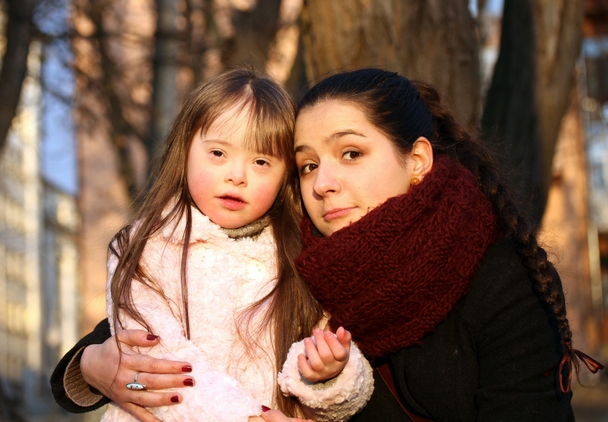
Disability, may it be caused by a disease, traumatic injury, or congenital abnormalities, would surely change the current situation of any family. For instance, if you have a child diagnosed with Trisomy 21, your entire family will have to cope with the challenges associated with such disability. It goes without saying that challenges go hand-in-hand with disability. This means that with a disabled loved one in the family, it will entail that you re-channel your efforts and adjust established routines at home.
On the other hand, disability becomes even more challenging when you’re about to face the stigma that other people have towards it. Disabilities could even adversely affect the normal family dynamics. However, trivializing disability just has to stop.
Here are a few points from Comfort Care Home Health Care which you can use to help others better understand your family’s situation.
- The r-word has to stop.
Using the r-word or “retarded” is simply pejorative and demeaning to the person affected with the disability and to their families too. This labeling just has to stop because such word places negative impact on the people dealing with the disability. Thus, when you encounter strangers calling your loved one with the r-word, it’s best to be direct and upfront in educating these people that such term is hurtful and it’s not acceptable at all.
- Seek help.
There will be times when you will be dumbfounded at certain situations as you care for your loved ones with disability. What you must do is to immediately seek support from professionals like the ones you will find at Comfort Care Home Health Care in Stony Island Chicago Illinois. You can have the guidance you need as you take care of your disabled loved one. Seeking for help doesn’t mean being weak in the face of adversity, it just means that you want what’s best for your loved ones by enlisting expert care services.
- Entertain questions.
Families dealing with disabilities should be advocates in disseminating pertinent information with respect to the disability. This way, more people around you will have a better understanding of what it’s like to be caring for people with disability. Answering questions about disability will also help cast away the prejudice against it. When you help spread the word, your small step will go a long way in finally bringing education to the consciousness of other people.
You don’t have to struggle with the difficulties which are often associated with disability. You don’t have to be alone either. There are a lot of people in organizations who have the same life experiences as you do and they are the perfect source of hope and inspiration.
With the right assistance or by enlisting the help of Physical Therapists or Speech Therapists to treat your loved one’s disability, you can become the best caregiver for them.
Disclaimer
Blogs, content and other media uploaded online are for informational purposes only. Contents on this website should not be considered medical advice. Readers are strongly encouraged to visit their physician for health-related issues.